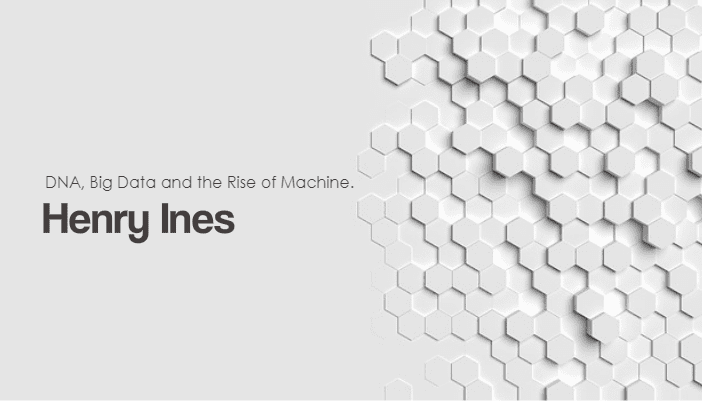As we rapidly hurtle towards a future characterised by IoT devices, automation and digital money, it’s more important than ever that we strive to build security and privacy-oriented infrastructures for transmission and storage of data in cyberspace. With the torrent of innovation in areas such as Big Data, blockchain technology and genomic data, a number of medical fields are poised to undergo serious disruption.
Perhaps one of the greatest problems in medicine today is that it still relies heavily on a human element. The proliferation of intuitive smartphone apps and consumer-grade medical devices are contributing to an avalanche of health data. Whilst a large portion of this can already be analysed so as to glean insights through automated processes, it is not the case for genomic information, which, for the most part, requires a professional to weigh in and draw conclusions on its significance.
Curiously, however, there’s a shortage insofar as the workforce is concerned for professions in the space. This should be indicative of the need for telemedicine (where individuals can easily access the pool of available professionals insofar as genomics are concerned), but also of the importance of implementing systems ensuring privacy and security for the owners of genetic data – arguably, this is some of the most personal information in existence, so great care must be taken to ensure it doesn’t end up stored in a centralised database awaiting breach.
As a result, many are beginning to push for a degree of self-sovereignty where genetic analysis is concerned, believing that the technologies and material available today equip individuals with the ability to derive their own conclusions from easily-accessible testing kits.
Advances in machine learning are key to making it these kinds of insights even more attainable to the average person. The accuracy of predictive and preventative medicines is entirely dependent on the amount of sample sets that can be observed – or in the case of AI, fed into algorithms (so as to train them to detect future anomalies). In this sense, it’s best to think of the data as fuel. The more an algorithm can consume, the more effective it becomes at its function and the closer we get to a future where machines are just as competent as humans in analysing genetic information.
The integration of blockchain-based architecture into the field of genomics is an ideal way to match the demand for data with monetisation potential for the owners of said data. Leveraging the security afforded by heavy encryption and the mechanisms of a blockchain-native token, individuals are free to use home kits to produce data, before uploading it into an encrypted container where access can be granted or sold to institutions or researchers that need it for various projects.
Arguably, recent years have seen the medical domain shift from an entirely human-dominated field to a hybridised model where machines and software have alleviated some of the work of medical professionals. At the current rate of progress, telemedicine and consumer kits/applications will soon overtake many of their human counterparts as Big Data and AI developments become staples of predictive medicine.
About the author
Henry Ines, CEO of Shivom, has 20+ years of professional experiences as an executive, investor, advisor and entrepreneur. As a VC, he focused on early stage investments in frontier technologies while working at Silicon Valley-based VC funds DragonVenture, DFJ Dragon and DraperDragon Fund. Henry also has extensive cross border advisory and corporate finance experience and has been a trusted advisor & mentor to tech startups and accelerators globally. Henry is also a lecturer at Nanyang Technological University (NTU) and is a Senior Member of the World Education Blockchain Association (WEBA) in Singapore. He received his MBA from Duke University Fuqua School of Business in Durham, NC.



































